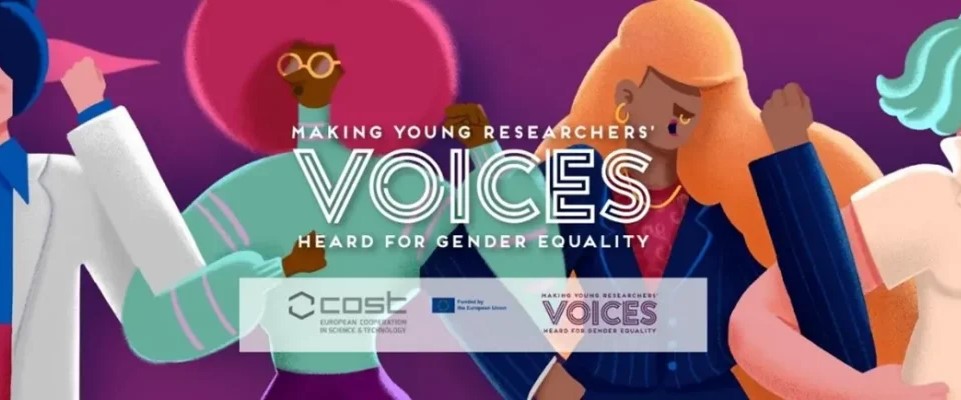This study investigates the inclusion of early career academics in decision-making processes within higher education institutions across eight European countries. Drawing on a theoretical framework that examines university hierarchies and the power dynamics affecting early career academics I explore the following questions: To what extent do the policies and guidelines in different systems and institutions foresee the diversity of early career researchers' representation? To what extent early career researchers are involved in decision-making bodies and have their voices heard of selected higher education institutions? National and institutional policy documents are studied to understand the formal structures and informal practices influencing early career academics' participation in governance. Further, institutional annual statistics reports and scholarly literature supplement this analysis by providing contextual insights and supporting data. Through a comparative lens, this study highlights variations and commonalities in policy frameworks and their implementation, offering a nuanced understanding of how early career academics are integrated into the decision-making fabric of European higher education systems
The findings show that German and Dutch higher education regulations foresee ECRs' representation in formal decision-making bodies both at the national (state) and institutional levels and are forerunners among the countries studied in the formal representation of ECRs. Further, I will draw on the interviews with ECRs and institutional management in eight case study institutions regarding their perceived influence in institutional decision-making. The interviews with ECRs show that voices of ECRs can be voiced and heard in some cases, especially at the departmental/research unit levels. The extent to which voices of ECRs are heard depends on the type of leadership, discipline and the degree of collegiality rather than formal representation in the decision-making bodies. This puts into question the effectiveness of increase in accountability and transparency of decision-making in higher education following the New Public Management policies to advance inclusion and equal representation.
- Poster

 PDF version
PDF version

